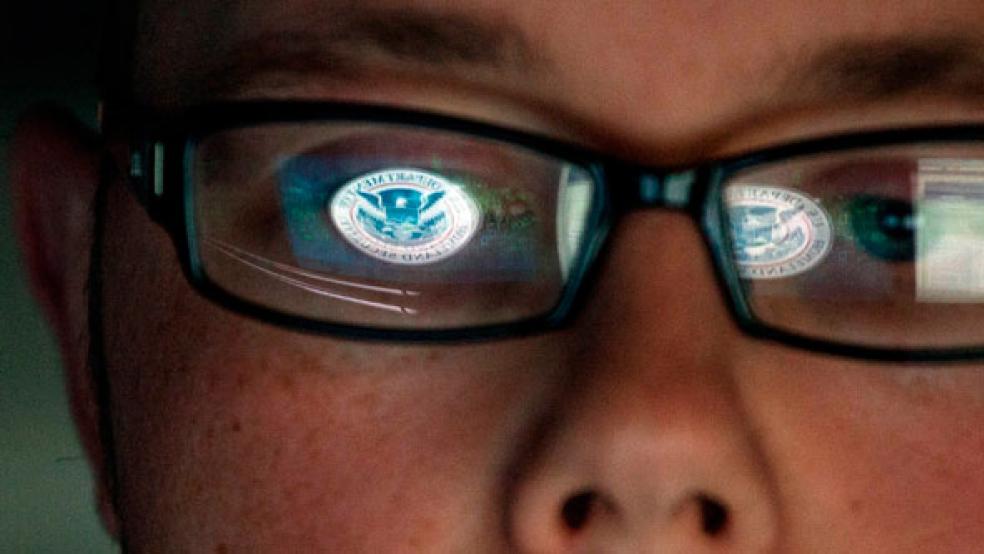Help Wanted: Cyber geeks who want an “opportunity to do some really cool stuff” (if they follow the dress code).
Human resource managers in Silicon Valley may want to rethink their benefits programs knowing that the Pentagon plans on heavily ramping up staff for the U.S. military’s Cyber Command over the next two years. Recruiting qualified personnel for those positions, however, isn’t likely to be a heavy lift, based on the cutting-edge nature of the work.
Related: Lifelong Pensions for Vets Could Be Whacked Under Pentagon Proposal
Defense Secretary Chuck Hagel said last week that by 2016, the Pentagon expects to have more than 6,000 workers in the cyber realm. That compares with less than 1,000 in that position early last year.
“To accomplish this goal, we are recruiting talent from everywhere,” Hagel said. “But we're also encouraging people already here in the military, in DOD, to develop cyber skills.”
Finding the right experts in the cybersecurity field, and even poaching some of the best from Silicon Valley, is a task that’s certainly within reach, say government recruiting experts.
“The people hiring these [workers] and trying to attract them should really emphasize the technical aspect and the opportunity to do some really cool stuff,” said Don Ancona, president and owner of Management Recruiters of the Sandias in Albuquerque, New Mexico. “These techies are all about the technical challenge. They get off on the techy part of it. It’s more about the technical work than it is about the money.”
He added that the big bucks will definitely be there for those who work for even a couple of years at the Pentagon, since their skills are transferrable to the private sector, making them particularly attractive to banks and e-commerce firms.
Related: Scramjet – DOD’s New Screaming Fast Hypersonic Weapon
For the Pentagon, though, money plays a big role in beefing up its cybersecurity capabilities. The Defense Department told Congress that Cyber Command needs $5.1 billion for fiscal 2015, which begins on Oct. 1. As a point of comparison, the Missile Defense Agency is asking for $7.5 billion next year, suggesting that cyber attacks are starting to be viewed as a threat equal to that posed by missiles.
The Pentagon will also need to attract cyber experts with different skill sets – some focusing on defensive measures, others on the attack side of things.
Cyber Command funding “will enable both offensive and defensive capabilities across the full range of cyber contingencies,” the Pentagon said in a March 4 statement.
China last week said that U.S. cyber intrusions contributed to the country’s 50 percent increase in hacking attacks in 2013. China's National Computer Network Emergency Response Coordination Centre said the U.S. accounted for about 33 percent of the 11 million foreign attacks last year.
Related: Military Gateway to the Middle Class Is Vanishing
The Pentagon “will maintain an approach of restraint to any cyber operations outside the U.S. government networks,” Hagel said last week at a retirement ceremony for Gen. Keith Alexander, who headed up the National Security Agency and Cyber Command. “We are urging other nations to do the same.”
Vice Admiral Michael Rogers, head of U.S. Fleet Cyber Command, is expected to replace Alexander.
Top Reads from The Fiscal Times:





